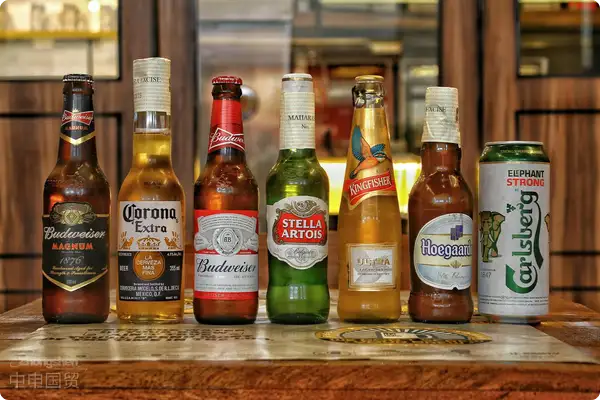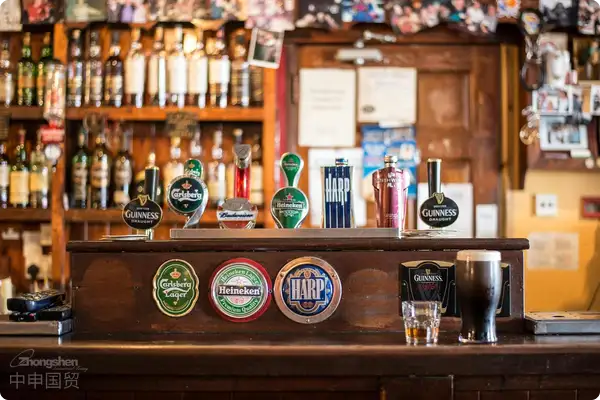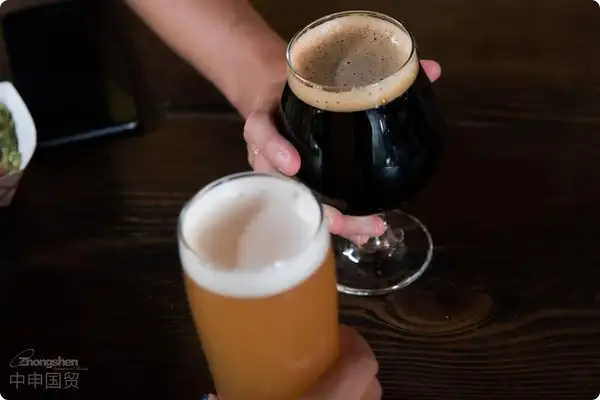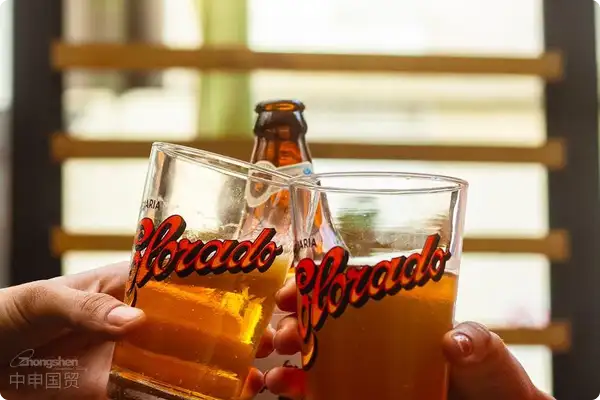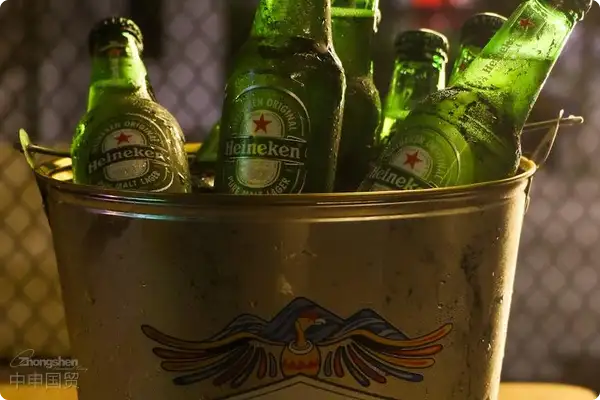- Shanghai Zhongshen International Trade Co., Ltd. - Two decades of trade agency expertise.
- Service Hotline: 139 1787 2118
South Korea has issued a series of import food safety regulations in the recent four months, covering categories such as agricultural and aquatic products, wild mushrooms, and seafood. The relevant content is as follows:
Prohibition of the sale of human - shaped food:According to Article 9 of the Special Law on the Safety Management of Childrens Diet, it is prohibited to sell food in the shape of a human (including the shape of bones) and specific parts (such as the head, arms, legs, etc.) (including the shape representing bones) that cause disgust. In addition, it is also prohibited to produce, process, import, cook, store, transport, display products for the purpose of sale or sell them as food causing emotional disorders in children.
Monitoring and inspection of propoxur in wild mushrooms imported from all countries:The South Korean Ministry of Food and Drug Safety issued a notice to strengthen the monitoring and inspection of propoxur in wild mushrooms imported from all countries.
Revision of the Enforcement Regulations of the Agricultural and Aquatic Products Quality Management Law:The South Korean Ministry of Agriculture, Food and Rural Affairs plans to revise the Enforcement Regulations of the Agricultural and Aquatic Products Quality Management Law. The comment - soliciting period is until May 31, 2023. The revised contents include: (1) Formulating detailed requirements for disclosing the traceability information of agricultural products, and disclosing the product history information through the agricultural product quality management system, the Internet, etc.; (2) Listing the product history information disclosure form as a traceability management registration item; (3) Formulating specific requirements for disclosing the product history information of agricultural products on the Internet.
Monitoring and inspection of propargite in Chinese dates imported from all countries:The South Korean Ministry of Food and Drug Safety issued a notice to strengthen the monitoring and inspection of propargite in Chinese dates imported from all countries.
Special inspection of the country - of - origin labeling of Japanese seafood:Out of concern about Japans plan to discharge the sewage from the Fukushima nuclear power plant, the South Korean Ministry of Oceans and Fisheries said it would conduct a special inspection of the country - of - origin labeling of imported seafood. The Ministry of Oceans and Fisheries, in cooperation with the Coast Guard, plans to verify whether importers, distributors, and retailers correctly mark the sources of major seafood products (such as scallops, breams, and octopuses) during a two - month intensive inspection. Since July 1, scallops, snails, and amberjacks will be designated as categories that restaurants must label the origin for. Products without origin labeling will face a fine of 50,000 to 10 million won, while products with forged origin may face a maximum of 7 years in prison or a maximum fine of 100 million won.
Inspection instructions for imported infused tea and durian:The South Korean Ministry of Food and Drug Safety issued a notice requiring the inspection of mandestrobin in imported infused tea from all countries and the inspection of acephate in durian.
The above is the relevant information about South Koreas newly issued import food safety regulations. Importers and relevant parties should pay close attention to these regulations and ensure compliance with South Koreas food safety requirements.

Related Recommendations
Category case
Contact Us
Email: service@sh-zhongshen.com
Related Recommendations
Contact via WeChat

? 2025. All Rights Reserved. 滬ICP備2023007705號(hào)-2  PSB Record: Shanghai No.31011502009912
PSB Record: Shanghai No.31011502009912
